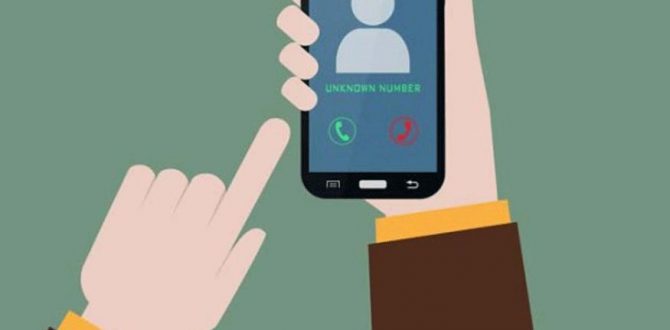With little awareness on privacy in India, it is a gold mine for scammers looking for actionable personal information. Recently, the Aadhaar registration form of celebrity cricketer Mahendra Singh Dhoni was publicly posted on Twitter by CSC e-governance, highlighting how little effort is put in maintaining privacy even within the government.
Databases consisting names, mobile numbers, birth dates and addresses can be easily purchased from so-called contact brokers. Once the database is acquired, the business kick starts – find one “gullible customer” and rob him or her of whatever little or big amount.
The sad part is most victims are people who are new to the age of Internet and smartphones, like the elderly or people with limited means. Sometimes, the amount is a few thousands, which might be meagre for the bank to notice but could mean a lot for an individual.
There is a golden saying when it comes to attending phone calls in the age of WhatsApp—“If someone calls you, it is mostly because the caller needs you more than you do.”
With spammers and scammers becoming smarter, the customer or victim database is categorised to call the easiest of the lot, mostly the elderly.
Hence, we list down five of the most common types of scam calls made in India for your awareness.
A call from an unknown landline number, claiming it to be the bank manager or bank customer relation officer, will almost threaten you to share your card details or account details. The caller will give reasons like new bank order or the credit/debit card will soon expire or you have not maintained the minimum account balance, etc.
The caller, claiming to be from Airtel or Vodafone, greets you by your name and then asks whether your number is prepaid or postpaid. After verifying your details like address, DOB, etc, the caller will try to help you get a better mobile plan or some offer and ultimately, asking for bank details.
: Never call back after noticing a missed call from an unknown number. Also, avoid calling back international numbers (any number that doesn’t start with +91).
Soon after the demonetisation drive took place, the likes of Paytm and the launch of BHIM gave another opportunity for scammers to encash on. These calls could to be made to the elderly to “assist” them on getting the so-called BHIM account. There could be calls claiming to be from Paytm or other mobile wallet executives to assist in mobile banking and wallets as well. Ultimately, the aim is to gather confidential banking information.
The Income Tax Department calling a person who doesn’t belong to a tax bracket or an elderly citizen in India is almost next to impossible. While the call may be entertaining if you are aware that it’s probably a scam call, simple do not reveal any details to the so-called officer. Remember, the Bollywood movie Special 26? If CBI raids can be faked, IT officers can sound convincing as well.
Bankers mostly call to sell insurance or loans. In reality, no banker will ever ask for any card or account related details. Banks mostly communicate via email or at max, might ask you to visit your branch. The best way to deal is to ignore such calls or tell the caller that you will go to the bank to enquire about any problems. NEVER reveal any details at all. And disconnect within seconds.






